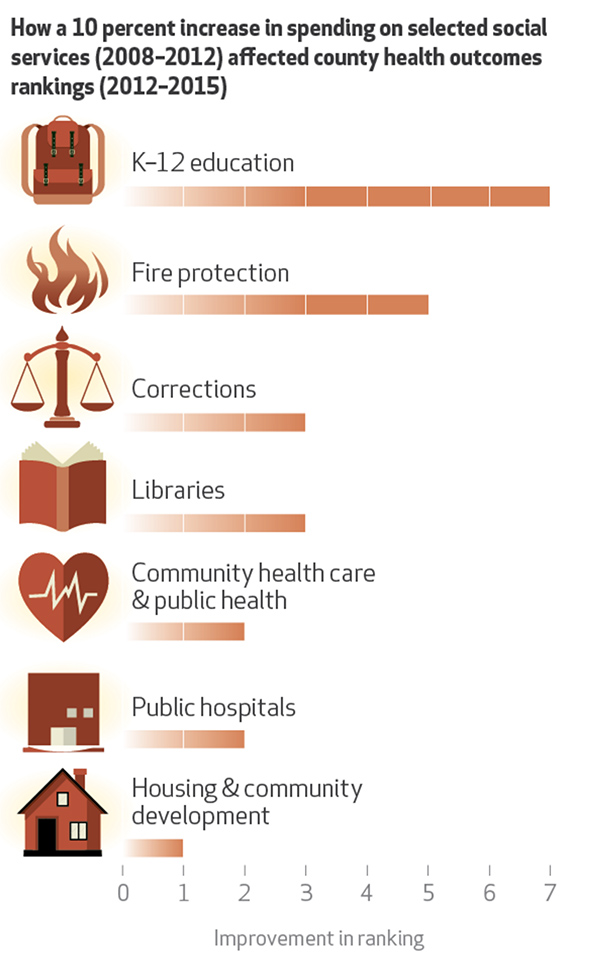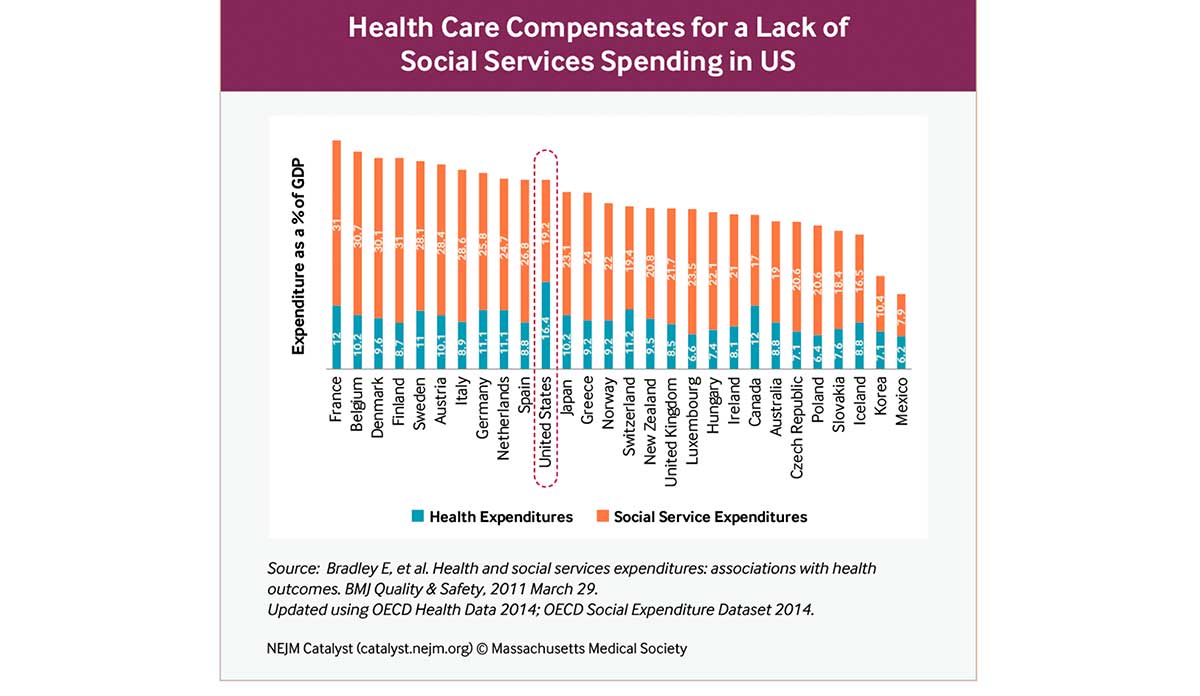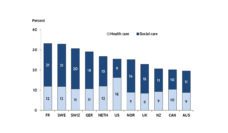The United States spends a lot more on health care than any other nation but has far from the best health outcomes. Elizabeth Bradley and Lauren Taylor argue that one of the major reasons is because the U.S. spends a disproportionately large share on health care delivery rather than social services that facilitate health.
We must not equate ‘health’ with ‘healthcare.’ Healthcare deals with alleviation of disease and only affects a relatively small percentage of a person’s health profile. Governments have a responsibility to put in place policies that, as the UN states, “embrace a wide range of socio-economic factors that promote conditions in which people can lead a healthy life and extends to the underlying determinants of health.” The U.S. should craft policy that is in the best interest of all people and respects the human right to enjoy, as the UNHRC aptly puts, the “highest attainable standard of health conducive to living a life in dignity.”
J. Mac McCullough of Arizona State University and Jonathan Leider of Johns Hopkins University show that budget increases in K-12 education, fire protection, and libraries produce huge health returns compared to budget increases in community healthcare and public health and public hospitals.

Photo via Tracy Gnadinger, Health Affairs Issue: A Culture Of Health. Health Affairs.
Databyte via Elizabeth Bradley, Benjamin Elkins, Jeph Herrin, and Brian Elbel, Health and Social Services Expenditures: Associations with Health Outcomes. BMJ Quality and Safety.














